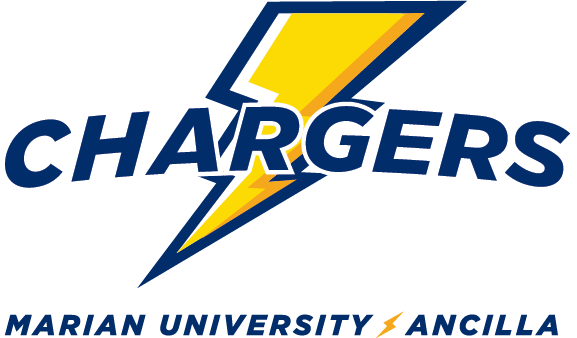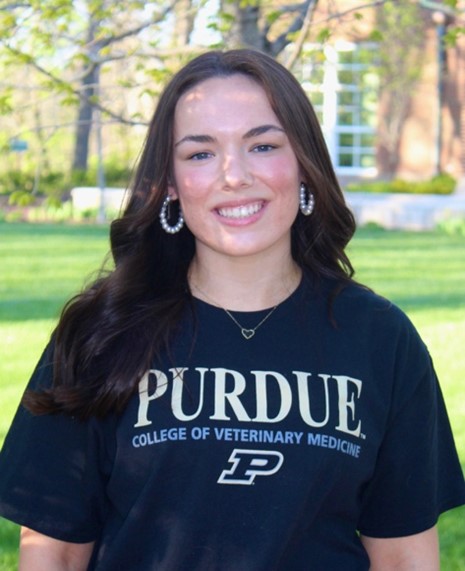Visit the Office of Pre-Medicine and Pre-Health Professions
Veterinarians specialize in the care and prevention, management, diagnosis, and treatment of injury or disease in animals. In addition to caring for animals in a private practice, veterinarians today may work in public health, food resource management, wildlife conservation, or marine biology.
Becoming a veterinarian requires a 4-year Doctor of Veterinary Medicine (DVM) degree. As of 2025, there are 33 accredited programs in veterinary medicine in the US, making placement into one of these programs highly competitive. Students passionate about a career in veterinary medicine need to demonstrate academic excellence and a dedication to the field through volunteerism or hands-on work with animals to be accepted into a graduate program. Purdue University currently offers the only DVM program in Indiana.
Pre-Requisite Courses
The admission criteria for each Doctor of Veterinary Medicine program vary. While the following table includes typical pre-requisite courses for veterinary programs in the US, students should work with their advisor(s) to ensure all pre-requisite courses are completed in a timely fashion. Additional upper-level Biology and Chemistry courses may be recommended or required for some programs. Please note, Purdue requires all labs to be in person.
| Subject | Semesters | Course |
|---|---|---|
| Biology | ||
| Introductory Biology | Two, w/lab | BIO210/211L and BIO212/213L |
| Genetics | One, w/lab | BIO315 |
| Microbiology | One, w/lab | BIO214 or BIO340 |
| Zoology | One, w/lab | BIO373 |
| Biochemistry | One, w/lab | BIO335/336L |
| Chemistry | ||
| General Chemistry | Two, w/lab | CHE140/141L and CHE142/143L |
| Organic Chemistry | Two, w/lab | CHE305 and CHE306 |
| Physics | ||
| General Physics | Two, w/lab | PHY110 and PHY111 or PSY201 and PSY202 |
| Mathematics | ||
| Statistics | One | BIO220 or STA205 or PSY205 |
| Calculus | One | BIO215 |
Preparing a Competitive Application
Admission to veterinary schools is highly competitive. To distinguish yourself as a candidate, students should thoroughly explore the mission and requirements of all programs to which they hope to apply. At Marian, meet early and often with your advisor to stay on track for a successful application.
A competitive candidate will generally:
- Demonstrate strong academic performance in all courses, with a particular focus on science courses (GPA 3.6 or higher strongly recommended)
- Score well on the Graduate Record Examination (GRE), as necessary. Many veterinary programs require the GRE, but not all. Also, some programs will accept the MCAT instead of the GRE.
- Demonstrate extensive familiarity with the field of veterinary medicine to gain an understanding of the expectations of the profession through a combination of
- Shadowing several veterinarians in different specialties (routine care, companion animals, food animals, large animals) to gain exposure to the field
- Volunteering or work with a veterinarian to gain a realistic perspective of the profession
- Getting involved in community service, volunteerism, and co-curricular activities
- Seeking leadership opportunities in clubs, organizations, church, or sports
- Conducting independent research to better understand the scientific literature
- Exhibit strong interpersonal skills, the ability to work with a diverse group of people, and a desire to help others


